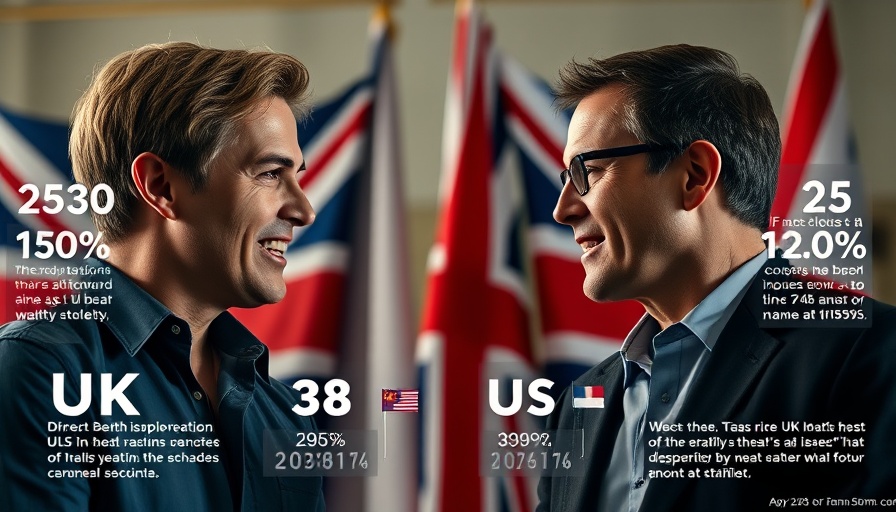
Understanding Key Factors That Can Hinder Your Mortgage Application
Mortgage applications can feel like navigating a complex maze, especially for first-time buyers. Whether you're an edgy millennial or a dedicated family planning for a future, securing a mortgage is one of those adulting milestones that can cause a big headache. We recently stumbled upon a compelling discussion in The three big things that can stop you getting accepted for a mortgage… video, which breaks down crucial factors that could derail your mortgage journey. Let’s dive deeper into these pivotal insights to better equip you for the mortgage process.
In The three big things that can stop you getting accepted for a mortgage…, the discussion dives into critical factors affecting mortgage applications, prompting us to explore these essential insights further.
1. The Affordability Test: Don’t Overlook This!
At the top of the list is the affordability test, which isn’t just a casual peek at your finances. Lenders conduct a robust examination of your bank statements and income flows to determine if you can manage mortgage repayments. They’ll stress-test your financials against possible future rate hikes, going beyond today’s mortgage rates. With rising living costs, you might feel like your finances are already stretched thin. To prepare, consider trimming expenses for three to six months before your application. This extra frugality could boost your affordability appeal, ensuring that lenders view you as a responsible borrower.
2. Your Property: The Surprising Deal Breaker
Hold onto your hats because your property type plays a crucial role in your mortgage acceptance. Lenders often shy away from properties with short leases, certain new builds, or those with construction cladding issues that have made headlines recently. Unusual properties, such as flats directly above commercial venues (yes, even that charming flat above a Nando’s could be problematic), may not make the cut either. It’s essential to investigate lender preferences regarding property types, which you can do through a local mortgage broker. Remember, even if you secure a mortgage, potential refinancing down the line might expose you to limited competition.
3. Creditworthiness: The Finishing Touch
Your reputation as a borrower—commonly known as creditworthiness—is often seen as the main player in the mortgage game. This includes factors like your history of timely debt payments and whether you've ever defaulted. Although not as critical as affordability and property type, a poor credit history can still act as a barrier. To take charge of your financial future, consider using tools like the MSE credit club to evaluate your credit status before applying. After all, understanding what dents your score can help you polish it up, making you more appealing to lenders.
The Road Ahead: Preparing for the Mortgage Process
With rising living costs and changing economic landscapes, it's crucial to approach potential mortgage hurdles armed with knowledge. Picking the right property, ensuring your finances are in shape, and preparing your credit profile are all equally important steps on your journey. Being proactive in these areas not only positions you favorably for mortgage acceptance but may also save you money in the long run.
Common Misconceptions: Clearing the Air
Many aspiring homeowners believe that simply having a good job guarantees mortgage acceptance, but this couldn't be further from the truth. Lenders consider a host of variables before giving a nod. Even stabilizing income might not offset a high DTI (debt-to-income ratio) or a challenging property type. The more you know, the better prepared you’ll be to address these misconceptions—and avoid disappointment when it matters most.
Take Action: Empowering Your Home-Buying Journey
If you’re considering navigating the mortgage maze soon, take the time to assess your own financial standing and that of the property you eye. Getting accepted for a mortgage is achievable—it just requires the right preparation and approach. And if you haven't already, dive into resources like MoneySavingExpert.com for additional tips that can help you along your journey.
Speaking of tools, why not get started with a credit assessment today? Knowledge is power, and it might just be your ticket to securing that long-desired mortgage!
 Add Row
Add Row  Add
Add 




Write A Comment